Keeping your Dallas home comfortable all year is a priority that hinges on the effective use of your HVAC system. With the right approach to maintenance and smart technology, you can enhance your system’s efficiency and lifespan. It’s not just about being warm in the winter or cool in the summer; it’s about achieving optimal air quality and energy savings.
Routine maintenance plays a crucial role in preventing breakdowns and ensuring the system works well when you need it most. Regular check-ups and cleanings can help detect minor issues before they turn into costly repairs. Meanwhile, the adoption of smart technologies, such as programmable thermostats, adds another layer of control, helping you manage temperatures with ease.
Ignoring early warning signs from your HVAC system can lead to discomfort and increased expenses down the line. By staying attentive to these issues and addressing them promptly, you safeguard your home environment and your wallet. Understanding these elements offers peace of mind, ensuring that your living space remains comfortable year-round.
Regular HVAC Maintenance Routines
Routine HVAC maintenance is crucial for keeping your system running smoothly and efficiently. Regular check-ups and cleanings help identify potential issues before they become major problems. This proactive approach can extend the life of your heating and cooling systems, helping you avoid costly repairs down the road.
One of the main benefits of regular servicing is preventing unexpected breakdowns. By ensuring all components are functioning properly, you reduce the risk of sudden failures, especially during peak usage times like hot Dallas summers or chilly winters. A well-maintained system also operates more efficiently, which means it uses less energy, saving you money on utility bills.
Here’s a simple checklist of maintenance tasks homeowners can handle themselves:
– Change Air Filters: Replace filters every 1-3 months to maintain good airflow and prevent strain on the system.
– Clean Around Units: Keep outdoor units clear of debris and vegetation to allow proper airflow.
– Check Thermostat Settings: Ensure your thermostat is set to your comfort preferences for energy efficiency.
– Inspect Visible Ductwork: Look for any noticeable leaks or disconnections.
Completing these tasks regularly will keep your HVAC system in top condition and contribute to a comfortable home environment.
Improving Air Quality in Your Home
Air quality is essential for both comfort and health, and your HVAC system plays a big role in maintaining it. Using high-quality air filters is a simple yet effective way to improve indoor air quality. Filters trap dust, pollen, and other allergens, keeping them from circulating in your home. Ensure you choose the right filter for your system’s specifications to optimize performance.
Clean vents and ducts are important too. Clogged or dirty vents can hinder your HVAC system’s efficiency. By regularly cleaning these areas, you ensure better airflow and reduce the workload on your system, which can improve its lifespan and functionality. It’s a good idea to schedule professional duct cleaning periodically to maintain cleanliness throughout your system.
Humidity control is another key factor in air quality. Dallas’s climate can fluctuate, so using a humidifier or dehumidifier helps maintain ideal humidity levels, preventing strain on your HVAC system. Controlling humidity also reduces mold growth and minimizes allergens, contributing to a healthier home environment. By focusing on these areas, you can enhance air quality and support efficient HVAC operation year-round.
Smart Technology and Temperature Management
Smart thermostats are a game-changer for optimizing HVAC efficiency in homes. These devices allow you to control your home’s temperature from anywhere using your smartphone or computer. They learn your schedule and preferences over time, adjusting settings automatically to save energy while keeping your living space comfortable. This adaptability not only reduces energy waste but can also lead to significant cost savings on your utility bills.
Setting ideal temperature ranges is key to maintaining a comfortable environment. During the summer in places like Dallas, set your thermostat around 78°F when you’re home and raise it to 85°F when you’re away. In the winter, keep it around 68°F when home and lower it to 60°F when you’re asleep or away. Consistent adjustments ensure the system runs efficiently without overworking.
Zoning systems offer another layer of efficiency by allowing you to control temperatures in different areas of your home separately. This means you can keep occupied areas warm or cool without using energy to treat unused spaces. Such targeted heating and cooling enhance comfort while further lowering energy costs. Implementing smart technology alongside these strategies ensures your HVAC system operates at peak performance year-round.
Recognizing Early Warning Signs of HVAC Problems
Spotting early signs of HVAC issues can save you from costly repairs and discomfort. Unusual noises like squealing or banging indicate mechanical problems. Weak or inconsistent airflow suggests possible ductwork issues or failing components. Another sign is an unexpected rise in energy bills, which might mean your system is working harder than it should to maintain your desired temperature.
Ignoring these signs can lead to system breakdowns, often at the most inconvenient times, like extreme weather scenarios. Prolonged neglect can reduce your system’s lifespan, leading to earlier-than-expected replacements. Moreover, smaller issues can escalate into major, more expensive repairs if not addressed timely.
To prevent these outcomes, schedule regular professional inspections. An HVAC technician can diagnose and fix small issues before they grow into major problems. By keeping your system in check, you ensure efficient operation and maintain comfort in your home. This proactive approach helps avoid stress and inconvenience, ensuring your HVAC remains reliable.
Conclusion
Maintaining an efficient HVAC system involves understanding how to leverage technology and recognize potential issues early. By incorporating smart technology like thermostats and zoning systems, you can optimize your home’s temperature management and reduce energy costs. Regular checks and timely professional interventions are key to preventing minor issues from becoming costly repairs.
In Dallas, with its varied climate demands, staying ahead with HVAC care not only keeps your home comfortable but also safeguards your investment in your heating and cooling systems. Building a routine around these practices ensures you benefit from a reliable system that operates smoothly throughout the year, no matter the weather outside.
When it comes to optimizing your Dallas HVAC system, Spire Heating and Air Conditioning is here to help. From smart thermostat installations to thorough system inspections, our dedicated team provides the expertise you need to keep your system in top shape. Get in touch with us today to schedule a service that ensures your home remains comfortable and efficient all year long.


